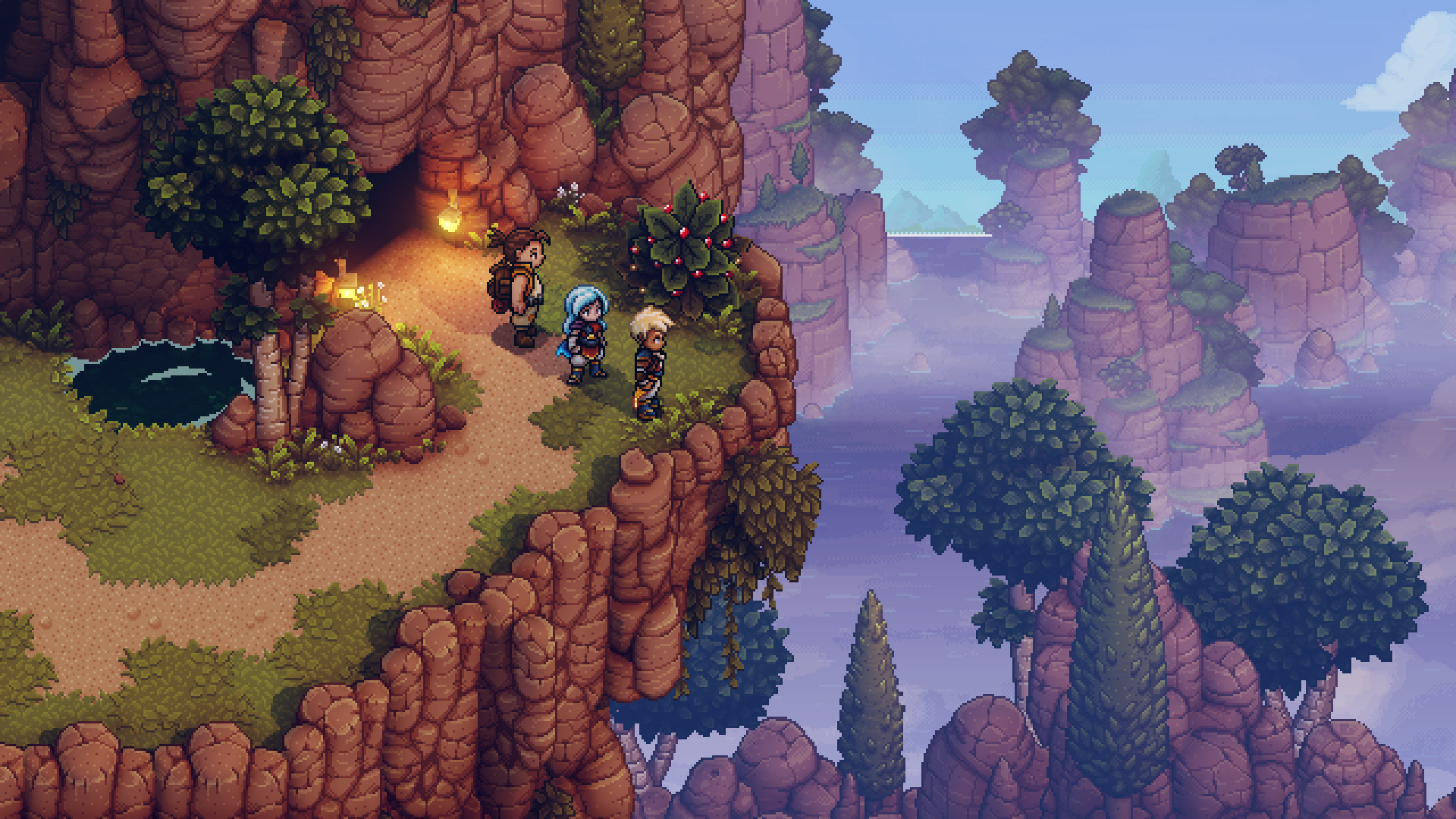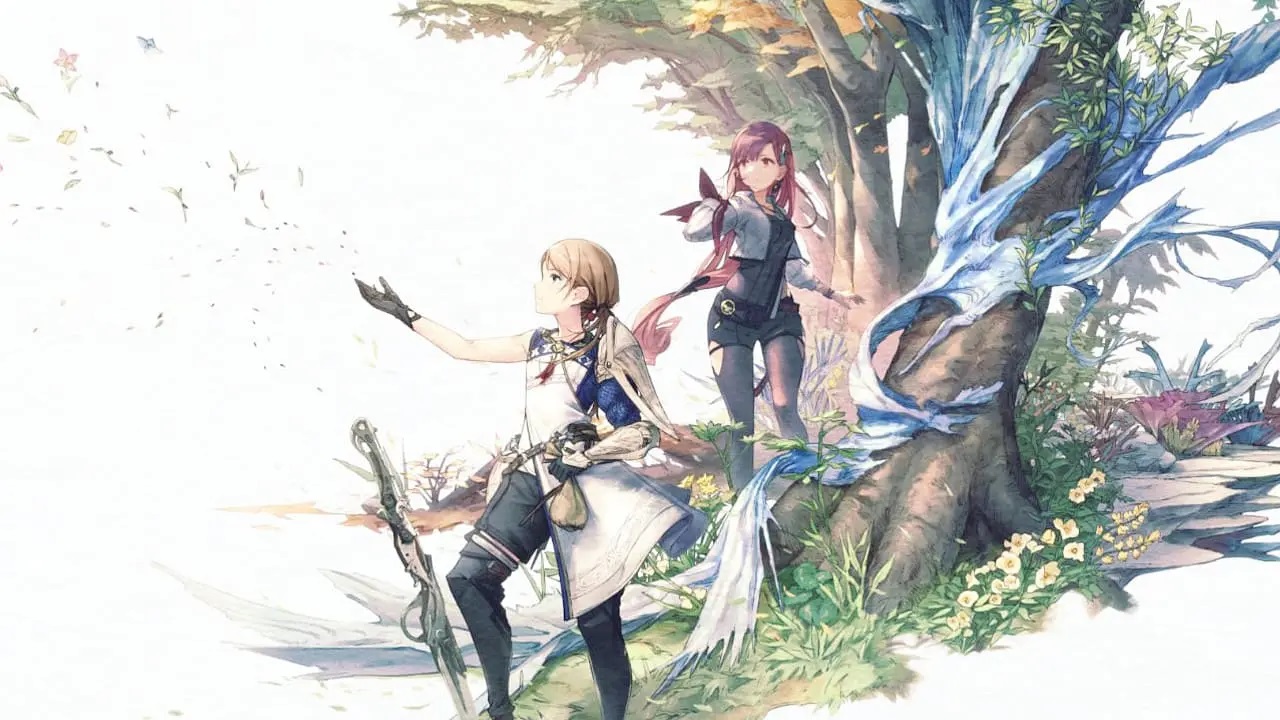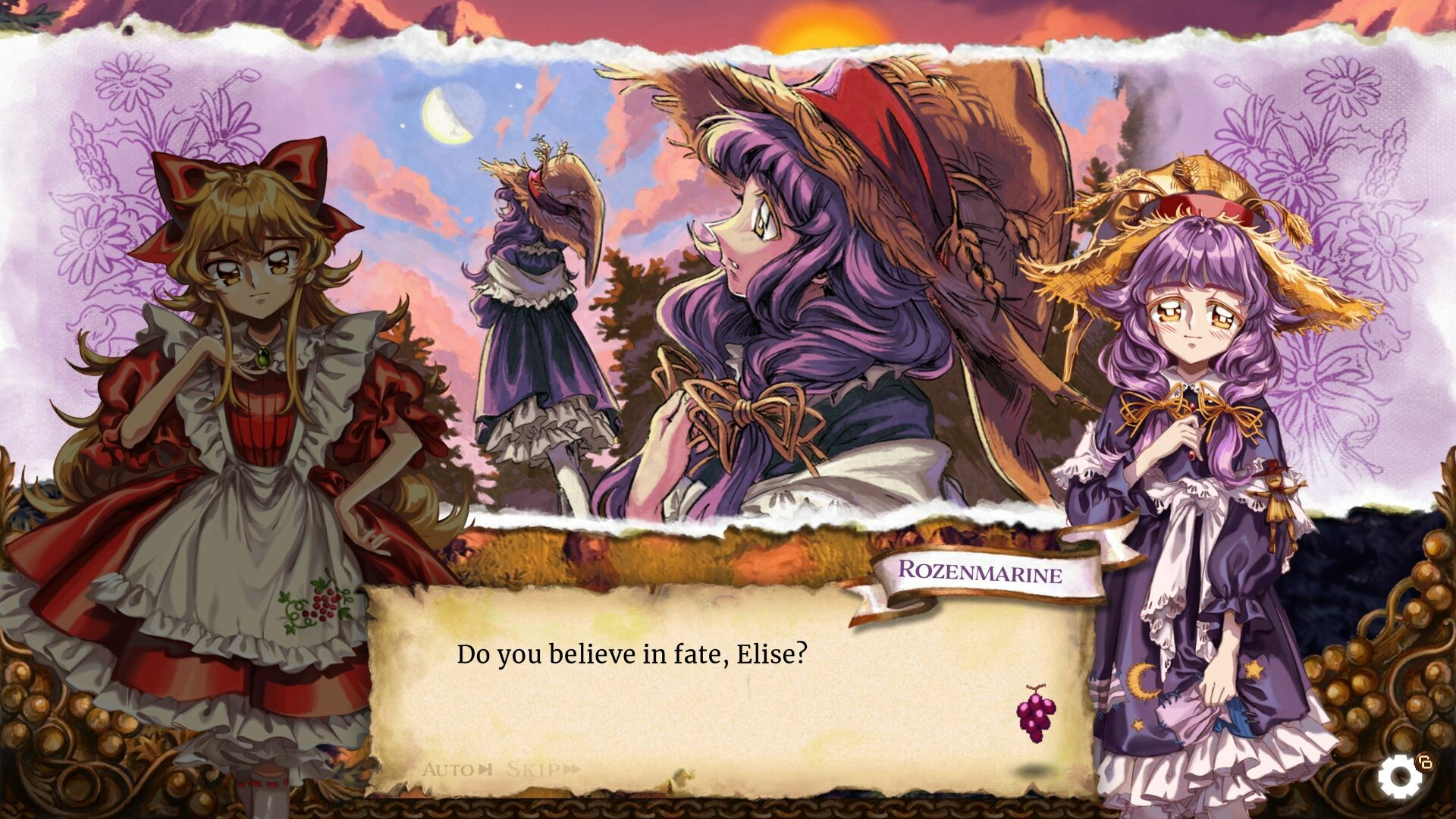
Sign up for breaking news, reviews, opinion, top tech deals, and more.
You are now subscribed
Your newsletter sign-up was successful
Last year certainly wasn’t lacking for incredible games. Releases like Baldur’s Gate 3, Alan Wake 2, and Final Fantasy 16 dominated my free time as I squeezed them into my already bloated backlog. However, it was a wonderful time to be a fan of smaller-scale games, too, as Dredge, Sea of Stars, and House Flipper 2 showed that modestly-sized developers are among the most creative in the industry.
But among the wins were countless losses; we can’t ignore the fact that 2023 was an atrocious year for the people who work within the games industry. Swathes of layoffs at large corporations like Embracer, Epic Games, and Ubisoft - among many others - led to over 6,000 people losing their jobs as of October 2023. Pair this with ballooning AAA budgets and development cycles that extend well over half a decade, and it’s hard to shake the feeling that the way the industry is headed simply isn’t sustainable.
Now, the big-budget space still produces works that are absolutely worth your time, and there are plenty of upcoming games on the horizon that fit this bill. I’d be lying if I said I wasn’t excited for Tekken 8, Dragon’s Dogma 2, and more. But, given just how tumultuous the industry was last year, I feel I’ve become quite jaded with the AAA space, how large chunks of it treat its staff, and the now-standard ‘release now, patch later’ mentality that kneecaps potentially excellent games right out of the gate. So in 2024, I’m making an effort to go out of my way to try out smaller, cheaper games, be they from the indie space or established publishers.
For the harvest

I’ve taken a similar approach before, and one game from a couple of years ago in particular tipped me into this mindset: 2022’s Harvestella, a Square Enix-developed role-playing game (RPG) with farming sim elements, which I picked up during the Steam Winter Sale. Yes, it was developed in-house at one of Japan’s largest game publishers, but its scope and budget clearly pales in comparison to the Final Fantasy and Dragon Quest series the company’s best known for.
In Harvestella, I found a game that was full of heart. It presents a compelling, bleak story paired with a cast of troubled characters that are all excellently written. Throw in a moreish day-to-day loop that had me managing a farm and exploring monster-infested dungeons and I simply haven’t been able to get enough of this small yet ambitious game. Actually, I love it even more than some of Square’s bigger games like Final Fantasy 16 and Dragon Quest 11.
The enjoyment I’ve had so far from Harvestella has me thinking of all the relatively smaller games I’ve passed up on over the last couple of years. Some of these are also from Square Enix, namely Tactics Ogre Reborn and Valkyrie Elysium. Neither exactly set the world on fire critically, but both have found a lot of love within their passionate fan bases and I’m at least a tad curious about them and their wider series origins.
Going even smaller than that, I’m now looking at recent gems like Little Goody Two Shoes - a dungeon-crawling RPG with elements of psychological horror - and Cookie Cutter, a gory, hand-drawn metroidvania that sees its android protagonist tear her enemies to bloody shreds.
Sign up for breaking news, reviews, opinion, top tech deals, and more.
New horizons

Now, the concept of smaller game projects providing the industry with fun and innovative ideas isn’t anything new. Nor is playing such titles exactly foreign to me, either. Games like A Hat in Time, Hades, Hollow Knight, and Cave Story are veritable industry darlings and are among my all-time favorites. My 2022 game of the year, Signalis, was largely made by just two people, for example. Then there’s Alisa, a quality classic Resident Evil-like complete with low-poly visuals and fixed camera angles, made by a single dev. I recommend both wholeheartedly.
In the current gaming landscape, as unprecedented budgets keep spiraling and layoffs continue to devastate the industry, I think it’s especially important to recognize and shine a light on such smaller projects that are being crafted by relatively tiny teams. Largely because this space is often where we see the most innovative and creatively ambitious projects.
I could go on listing games I’d recommend that were made by just a handful of people (and maybe one day, I will), but the crux of this piece is to encourage more folks to consider those smaller, and often cheaper, games that I strongly feel match the quality of any blockbuster. This might resonate louder if you’ve shared the feeling that the AAA space is presently treading water with iterative (if still excellent) sequels like Horizon Forbidden West and Marvel’s Spider-Man 2 or is churning out tired annual releases like we’ve seen from Call of Duty’s recent run.
If you don’t typically stray from these big-budget titles (and often find yourself spending around $70 / £70 on the latest games), I urge you to step outside your comfort zone this year and embrace something off the beaten track too. Subscription services like Xbox Game Pass and PS Plus consistently host some of the best games on their respective platforms. And the relatively low monthly fee takes the sting out of bouncing off a game you don’t immediately gel with while making the thrill of finding a new favorite all the sweeter.
Check out our guides to the best indie games and best single-player games for a range of top recommendations on amazing titles you can play this year.

Rhys is TRG's Hardware Editor, and has been part of the TechRadar team for over four years. Particularly passionate about high-quality third-party controllers and headsets, Rhys strives to provide easy-to-read, informative coverage on gaming hardware of all kinds. As for the games themselves, Rhys is especially keen on fighting and racing games, as well as soulslikes and RPGs.